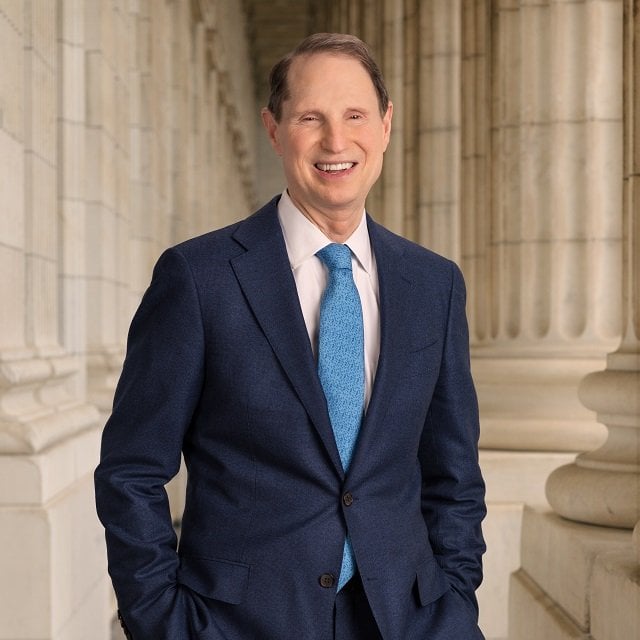
7 Behavioral Finance Nudges to Help Employees Save for Retirement
(Related: Why So Many NFL and NBA Players Go Broke ) As efforts gear up to urge Americans to save more during America Saves Week (February 25–March 2), the news on the savings front is pretty grim. According to the Consumer Federation of America, U.S. Bureau of Labor Statistics data indicate that the American personal savings rate is at its lowest level since the U.S. financial crisis in 2008, at 6.0 percent of disposable income—and in fact is "continuing a 60-year downward trend line." That's not good news for plan sponsors trying to find ways to encourage employees to save, and save more, for retirement. But sponsors may not have considered turning to behavioral finance for some techniques that might provide a boost to more conventional tactics. In fact, behavioral finance can help to overcome what probably seem like illogical tendencies on the part of plan participants not to save, or save enough, in their plans—or to make poor investment choices if they do participate. During last year's research forum held by the TIAA Institute and the Pension Research Council/Boettner Center at Wharton School of the University of Pennsylvania that focused on retirement security, researchers provided insights on retirement plan design, financial literacy and other topics designed to increase financial well-being for U.S. workers and employers — and among those topics were some that dealt with behavioral finance and the odd factors that can influence savers one way or another when it comes to putting away cash for retirement. Among the behaviors noted in some of the research: probability weighting (when people overweight small probabilities and underweight large ones, which can lead them, if they overweight extreme events, to underdiversification and a demand for "lottery stocks") and opting for immediate smaller payouts rather than waiting for a larger but delayed payout. Each of these, as well as other choices made by investors, can cost savers and threaten their retirement preparedness. Behavioral finance provides more "nudges" than "pushes"—and they can be subtle or blatant. Here are 7 of the 10 behavioral finance suggestions the International Foundation of Employee Benefit Plans lists, that plan sponsors might want to consider as they seek ways to overcome poor or illogical decisions on the part of participants and spur them to greater retirement savings levels. --- Related in ThinkAdvisor:
© 2024 ALM Global, LLC, All Rights Reserved. Request academic re-use from www.copyright.com. All other uses, submit a request to [email protected]. For more information visit Asset & Logo Licensing.
Featured Resources
View All
Sponsored by Allianz Life Insurance Company of North America and Allianz Life Financial Services LLC
Year-end 2024 Tax Topics Checklist








